Home>Technology>Security & Surveillance>Why Did My Door Lock By Itself
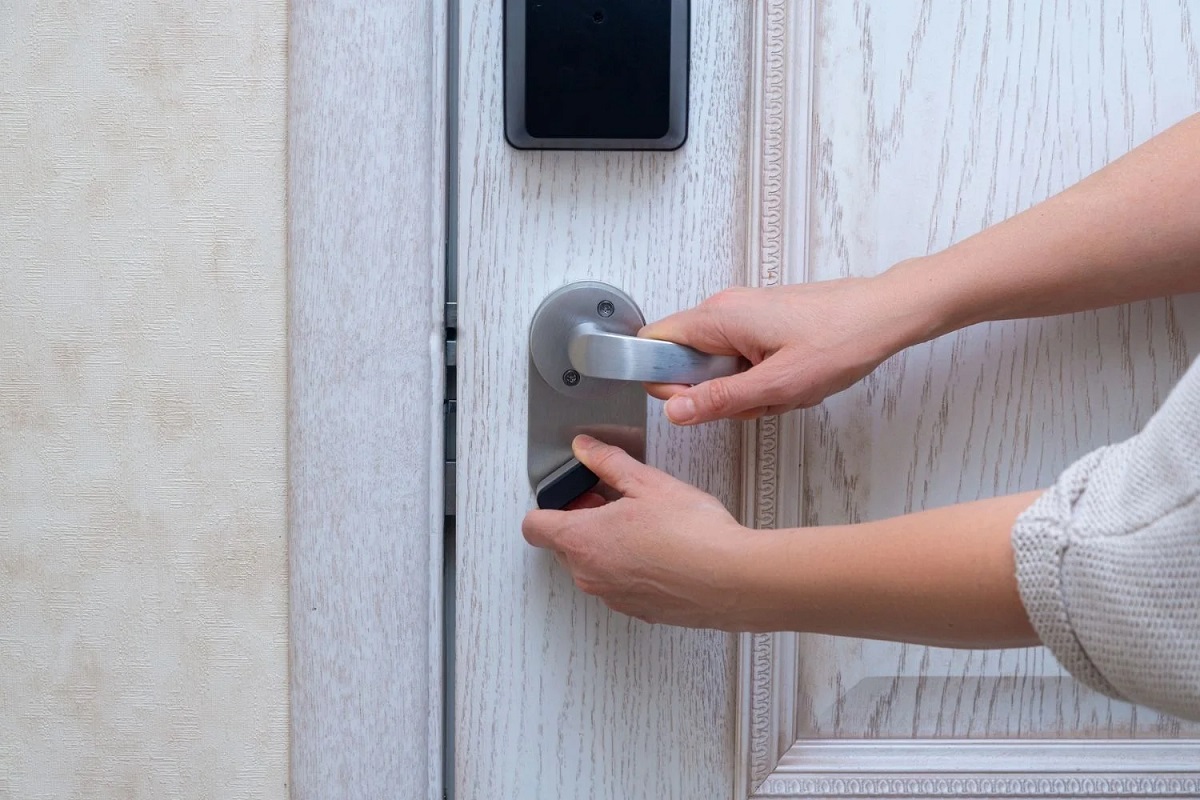

Security & Surveillance
Why Did My Door Lock By Itself
Modified: February 18, 2024
Discover why your door lock may have locked itself and learn how to prevent it from happening again. Explore security and surveillance tips to keep your home safe and secure.
(Many of the links in this article redirect to a specific reviewed product. Your purchase of these products through affiliate links helps to generate commission for Storables.com, at no extra cost. Learn more)
**
Introduction
**
Have you ever experienced the unsettling moment when you realize that your door has locked itself? It's a perplexing situation that can leave you feeling vulnerable and puzzled. Automatic door locking can occur in various settings, from residential homes to commercial properties, and it's essential to understand the potential reasons behind this phenomenon. In this article, we'll delve into the possible causes of automatic door locking and explore practical solutions to address this perplexing issue. Whether you're a homeowner, a business owner, or simply curious about security systems, this exploration will shed light on an aspect of security and surveillance that often goes unnoticed. Let's unravel the mystery behind automatic door locking and empower ourselves with the knowledge to tackle this unexpected occurrence.
**
Key Takeaways:
- Don’t panic if your door locks itself! It could be due to technical glitches, sensor interference, or even environmental factors. Understanding the causes can help you take proactive steps to prevent it.
- To prevent automatic door locking, consider reconfiguring your system, calibrating sensors, updating software, and evaluating the power supply. These steps can help maintain the reliability of your security system and provide peace of mind.
Read more: Why Is My Garage Door Opening By Itself
Possible Causes of Automatic Door Locking
**
Automatic door locking can stem from a variety of factors, ranging from technical malfunctions to environmental influences. Understanding these potential causes is crucial in identifying the source of the issue and implementing effective solutions. Here are some common reasons why doors may lock themselves unexpectedly:
- Technical Glitches:** Modern security systems and smart locks rely on intricate technology, and occasional malfunctions can lead to automatic door locking. Software bugs, connectivity issues, or sensor errors may trigger the system to engage the locking mechanism without manual input.
- Interference with Sensors:** External factors such as electromagnetic interference or physical obstructions near the door's sensors can disrupt the normal operation of the locking mechanism, prompting it to activate unintentionally.
- Programming Errors:** In some cases, incorrect programming or settings within the security system can cause doors to lock autonomously. This may occur during initial installation or when making adjustments to the system's configuration.
- Environmental Conditions:** Fluctuations in temperature and humidity can affect the alignment and responsiveness of door components, potentially leading to automatic locking. Additionally, extreme weather conditions or strong winds may trigger sensor misinterpretations, prompting the system to engage the lock.
- Power Surges or Outages:** Electrical irregularities, such as power surges or outages, can impact the functionality of electronic locks and security systems. Sudden power fluctuations may induce unintended locking actions or disrupt the communication between the control panel and the locking mechanism.
By recognizing these potential causes, individuals can gain insight into the underlying factors contributing to automatic door locking. This awareness serves as a foundation for implementing targeted solutions and preventive measures to mitigate the occurrence of unexpected lock activations.
**
Check if the lock is set to auto-lock after a certain time. If not, it could be a sign of a faulty lock mechanism or a potential security issue. Consider consulting a locksmith or security professional for further investigation.
Solutions to Automatic Door Locking
**
Addressing automatic door locking requires a strategic approach that encompasses technical troubleshooting, environmental adjustments, and proactive maintenance. By employing the following solutions, individuals can effectively mitigate the occurrence of unintended lock activations and restore confidence in their security systems:
- System Reconfiguration:** If the automatic locking behavior stems from programming errors or misconfigured settings, individuals should review the system's programming interface or consult the user manual to ensure that the parameters align with their intended preferences. This may involve adjusting time-delay settings, access control parameters, or sensor sensitivity levels to prevent unwarranted locking.
- Sensor Calibration:** Ensuring that door sensors are properly calibrated and free from obstructions is essential in preventing false locking incidents. Individuals should inspect the sensor alignment and clearance, removing any debris or objects that impede their functionality. Additionally, addressing potential sources of electromagnetic interference near the sensors can enhance their reliability.
- Software Updates and Maintenance:** Keeping security system software and firmware up to date is crucial in addressing known bugs, vulnerabilities, and compatibility issues that may contribute to automatic door locking. Regularly checking for updates and implementing manufacturer-recommended maintenance procedures can optimize system performance and stability.
- Environmental Considerations:** Implementing environmental modifications, such as installing windbreaks or adjusting the positioning of outdoor sensors, can minimize the impact of weather-related triggers on automatic locking. Additionally, ensuring that doors are properly sealed and insulated can help mitigate the effects of temperature and humidity fluctuations on the locking mechanism.
- Power Supply Evaluation:** Assessing the integrity of the power supply and implementing surge protection measures can safeguard electronic locks and security systems from the adverse effects of power irregularities. Utilizing uninterruptible power supplies (UPS) or surge protectors can help maintain stable power delivery to critical components.
By proactively addressing these solutions, individuals can take proactive measures to prevent automatic door locking and maintain the integrity of their security systems. Additionally, seeking professional assistance from security experts or locksmiths can provide valuable insights and technical support in resolving complex locking issues.
**
Conclusion
**
Automatic door locking, while often perplexing and inconvenient, can be attributed to a range of factors encompassing technology, environmental influences, and system configurations. By unraveling the potential causes behind this phenomenon and exploring targeted solutions, individuals can regain control over their security systems and minimize the occurrence of unexpected lock activations.
It is essential for homeowners, business proprietors, and security system users to approach automatic door locking with a proactive mindset, leveraging technical knowledge and practical interventions to address the underlying issues. Through systematic troubleshooting, environmental adjustments, and adherence to maintenance best practices, the resilience and reliability of security systems can be upheld, fostering a sense of security and peace of mind.
Furthermore, staying informed about the latest advancements in security technology, including software updates and emerging best practices, empowers individuals to adapt their security measures to evolving threats and challenges. This ongoing commitment to security awareness and preparedness is instrumental in safeguarding properties and occupants from potential vulnerabilities associated with automatic door locking.
As we navigate the complexities of modern security and surveillance systems, it is imperative to approach automatic door locking incidents with a blend of technical acumen, environmental awareness, and a proactive mindset. By doing so, individuals can transform moments of uncertainty into opportunities for strengthening their security posture and enhancing the reliability of their protective measures.
Ultimately, the enigma of automatic door locking can be demystified through informed action, collaborative support from security professionals, and a commitment to maintaining secure and resilient living and working environments.
Frequently Asked Questions about Why Did My Door Lock By Itself
Was this page helpful?
At Storables.com, we guarantee accurate and reliable information. Our content, validated by Expert Board Contributors, is crafted following stringent Editorial Policies. We're committed to providing you with well-researched, expert-backed insights for all your informational needs.
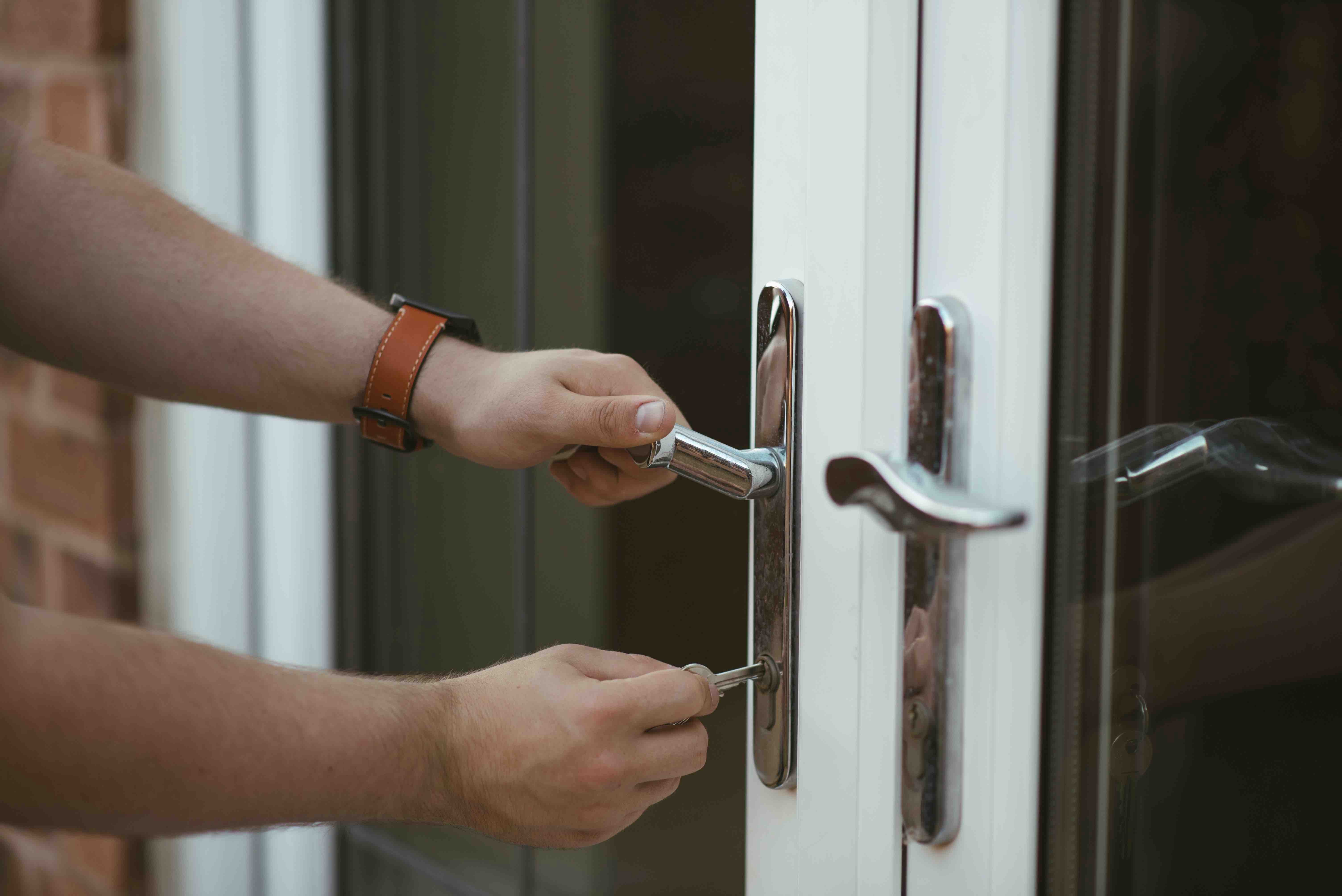
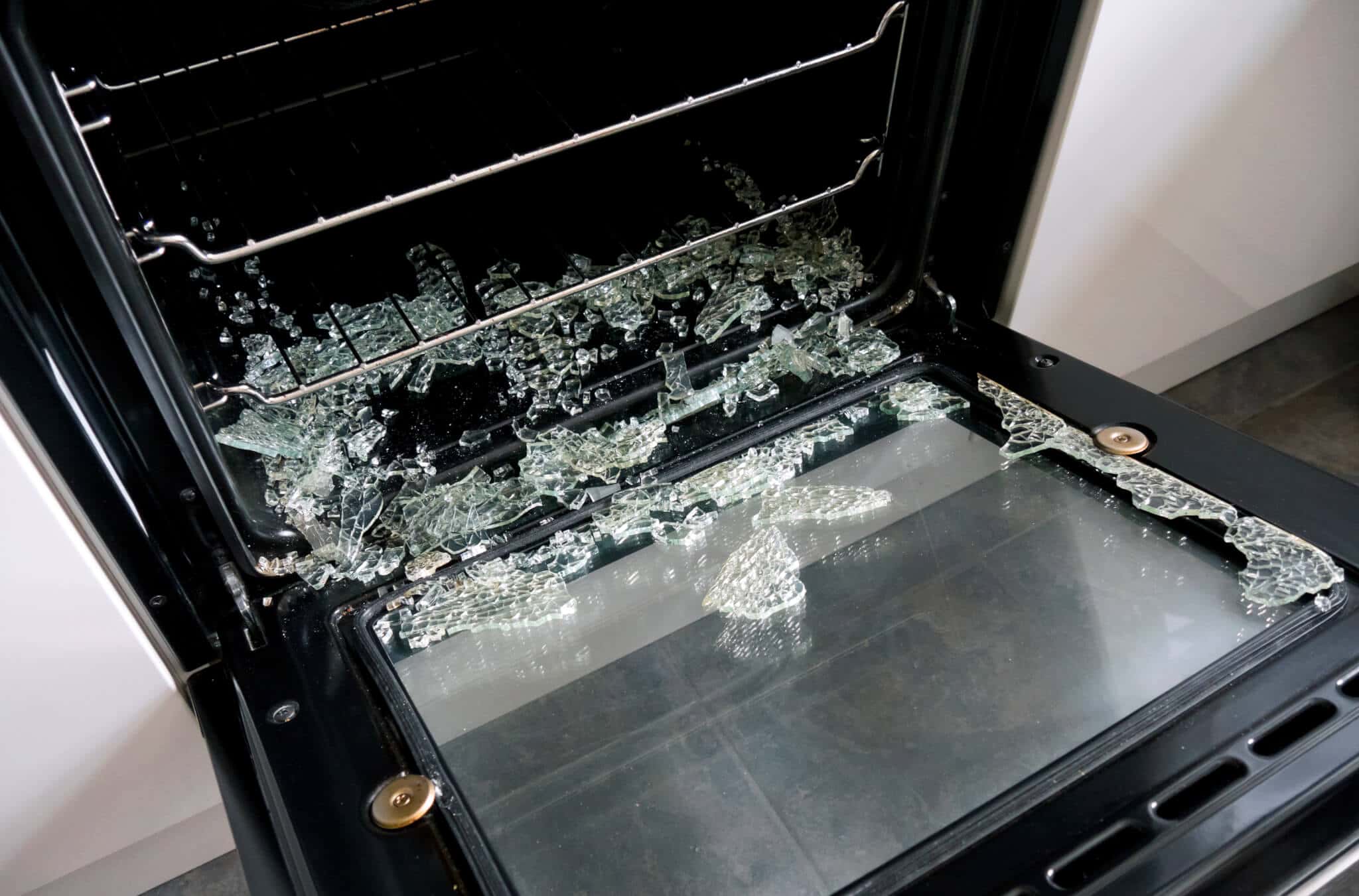

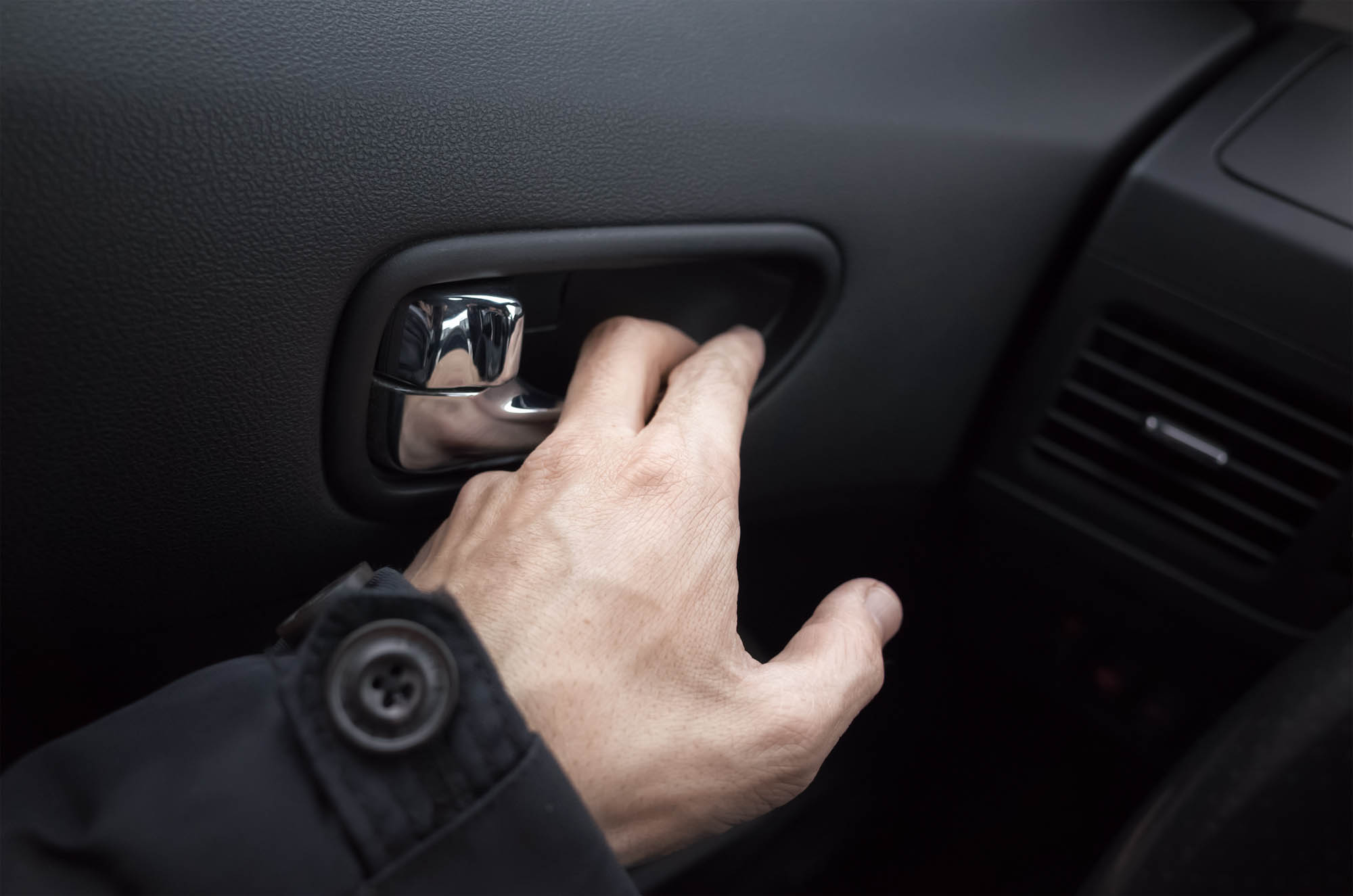
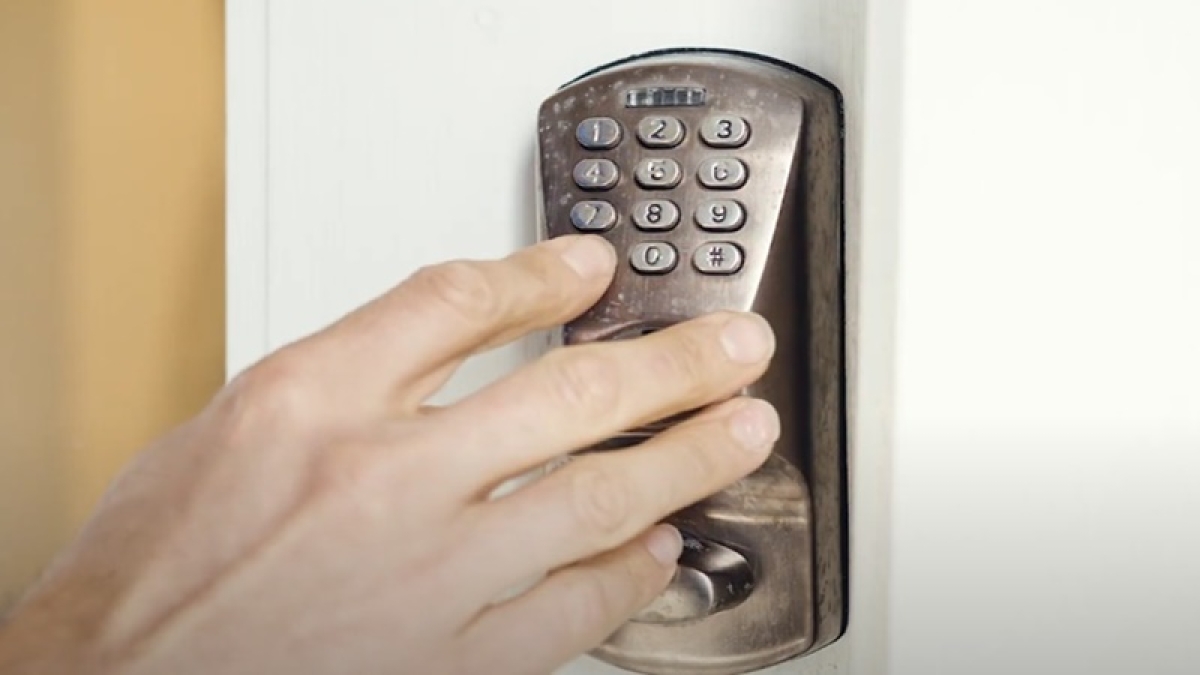
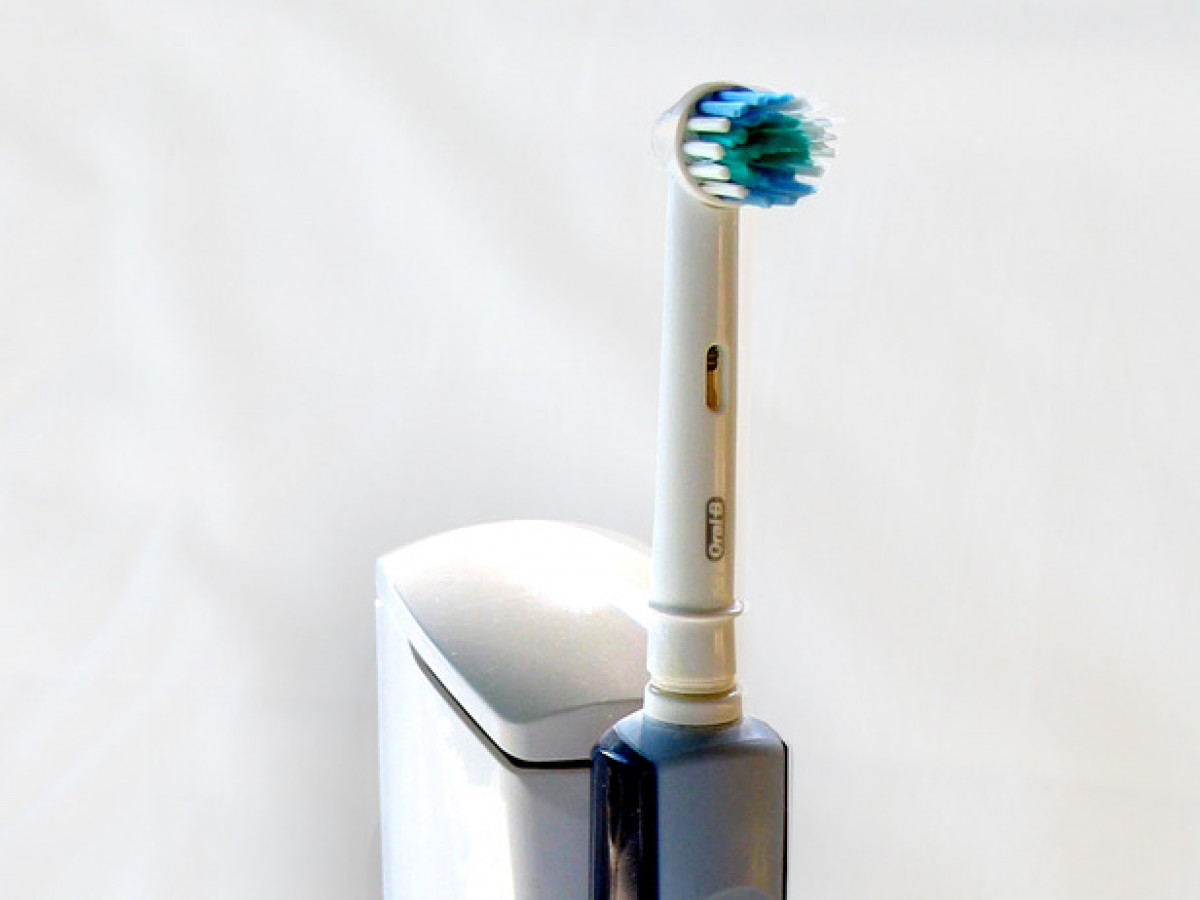
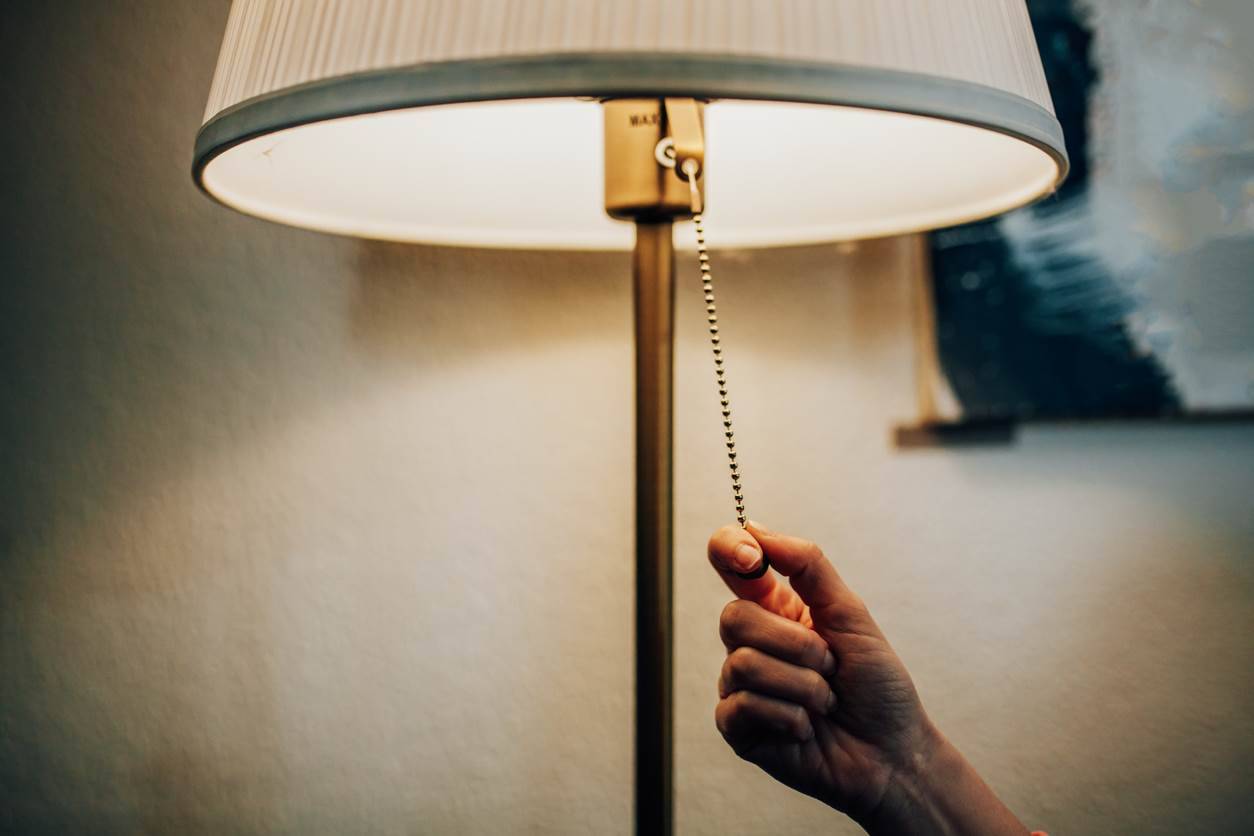

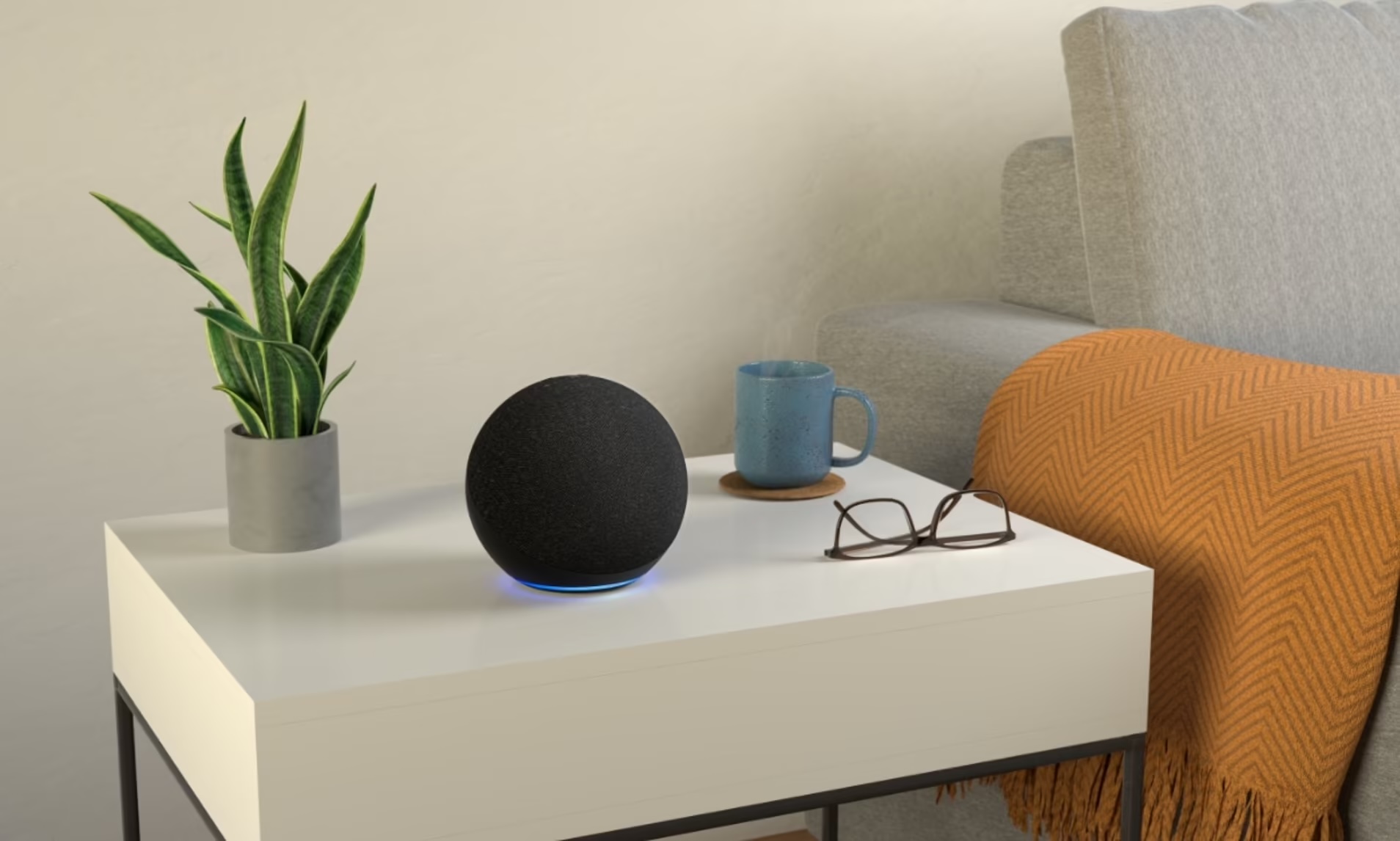
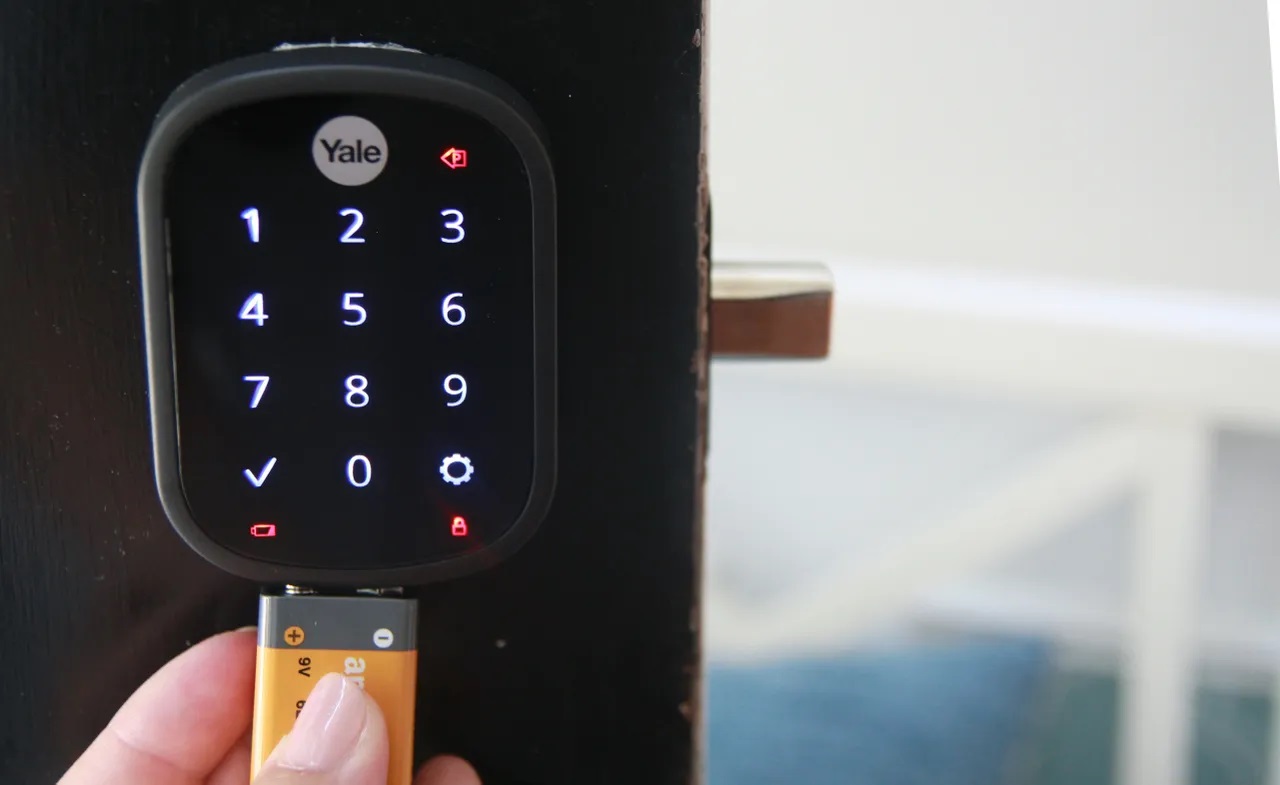
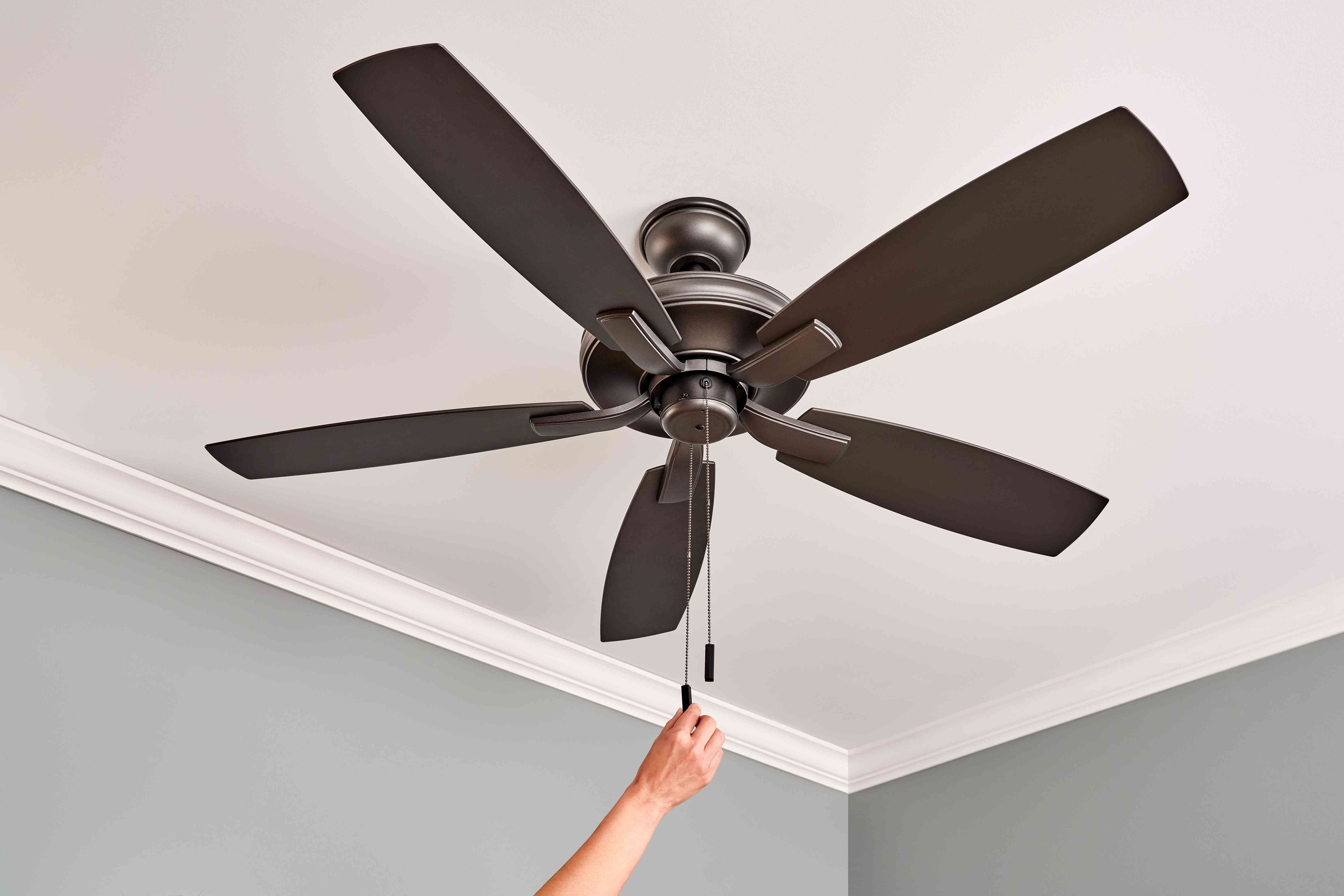
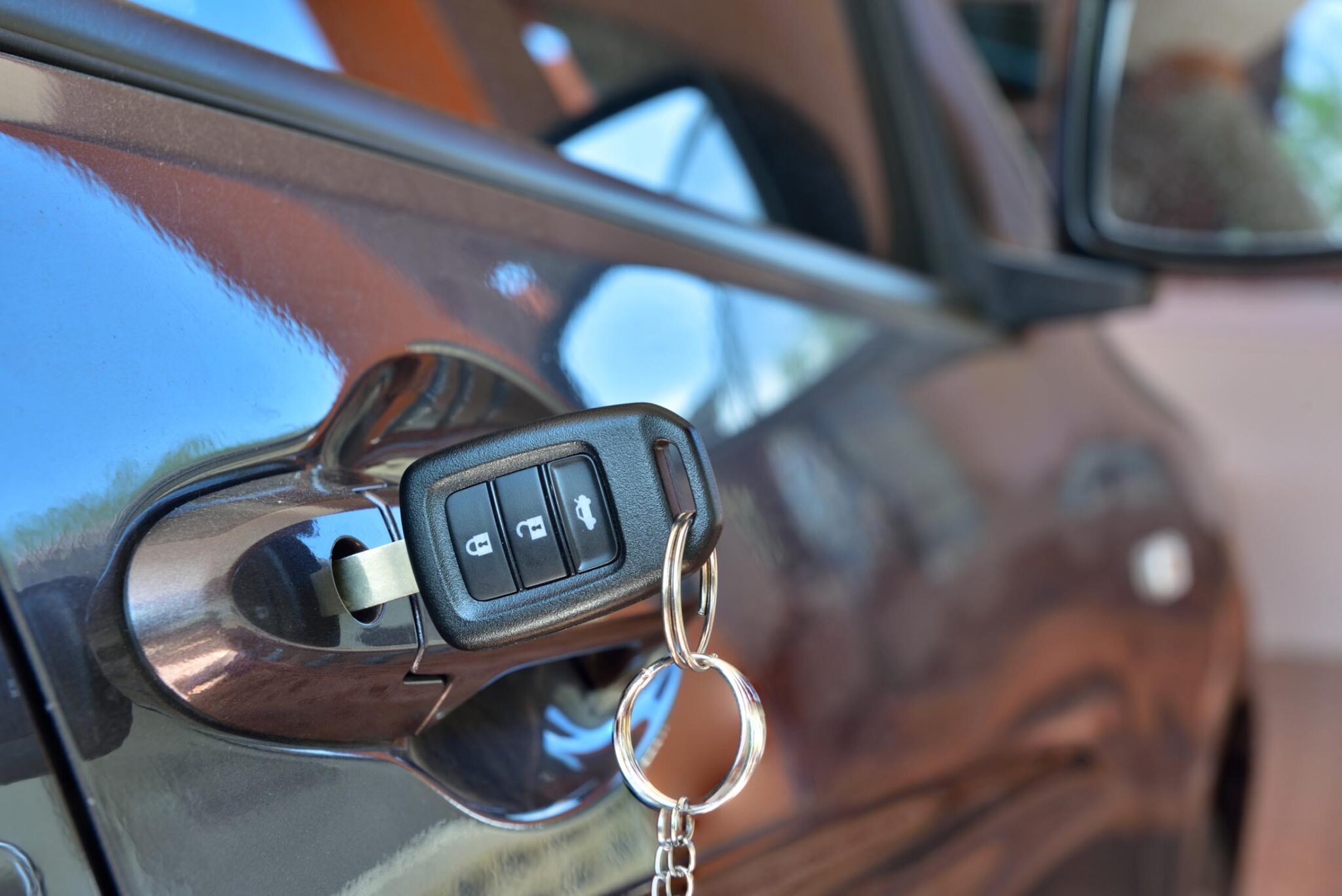


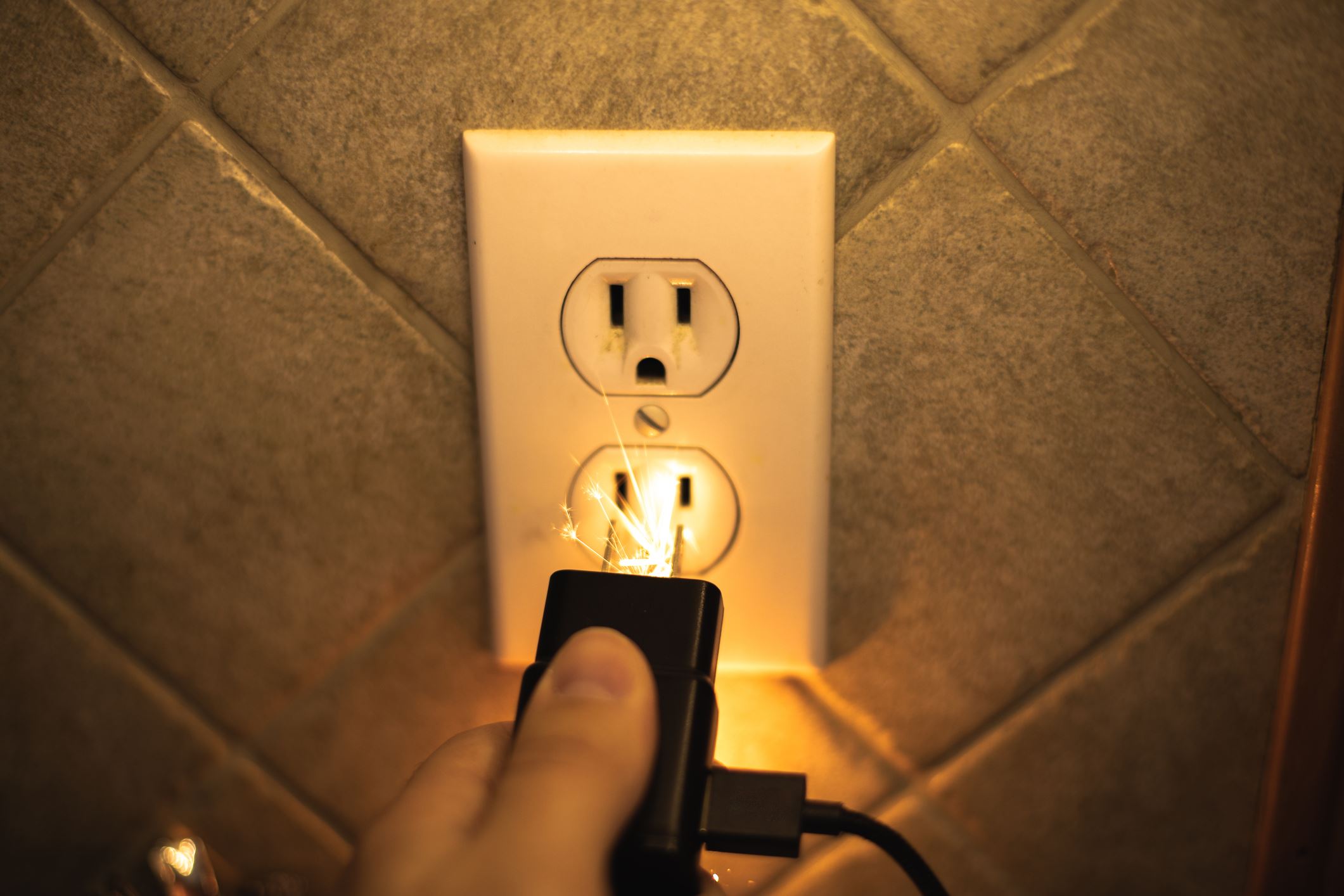

0 thoughts on “Why Did My Door Lock By Itself”